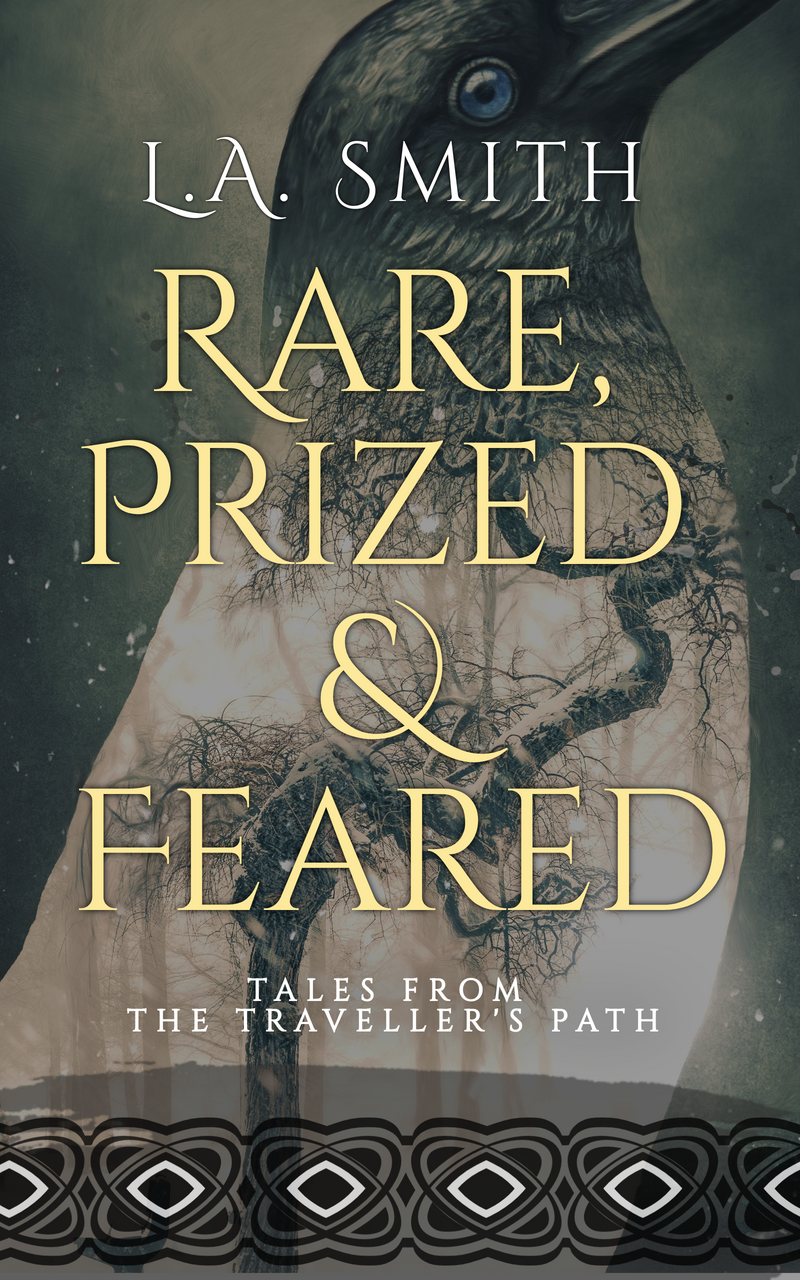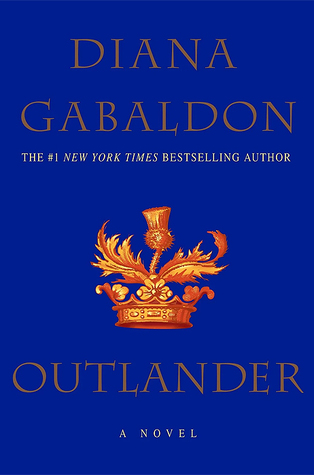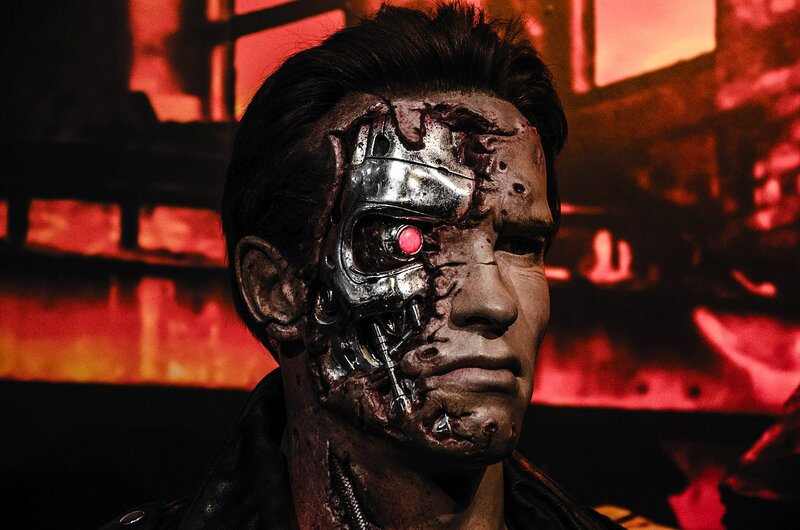
Newsletter
Yes! Send me my FREE short story collection and sign me up for those exclusive subscriber goodies!
We value your privacy, and will never spam you! View our privacy policy at lasmithwriter.com/privacy

Yes! Send me my FREE short story collection and sign me up for those exclusive subscriber goodies!
We value your privacy, and will never spam you! View our privacy policy at lasmithwriter.com/privacy
Time travel is a trope often used in speculative fiction books, but it is a tricky one to handle. But done right, it can be a great deal of fun for the reader and the writer alike.
When I set out to write my historical fantasy trilogy, I knew that the main character was going to be a modern era person. Portal fantasy, where someone from our modern world is transported to a different world or time period has always been a favourite genre of mine. So I set out to write my own, but almost immediately I bumped up against how I was going to explain the time travel part of the story.
There are many ways to handle the idea of time travel in a speculative fiction book. Often how the author uses this concept will depend on the genre of book he or she is writing.
First of all, time travel often shows up in science fiction books. In these books, time travel  either has become a type of technology that people use or time travel is the result of some other type of technology, either intended or inadvertent. So, for example, H.G. Well’s The Time Machine (1895) was the first popular novel to employ this device. In that book, the Time Traveller (he has no name other than that) is an inventor who has developed a machine that will allow him to travel forward through time and the book is his recounting at a dinner party of what he experienced when he did this. In the Dr. Who TV series, the Doctor is a Time Lord and travels back and forth through time using his time ship, the TARDIS.
either has become a type of technology that people use or time travel is the result of some other type of technology, either intended or inadvertent. So, for example, H.G. Well’s The Time Machine (1895) was the first popular novel to employ this device. In that book, the Time Traveller (he has no name other than that) is an inventor who has developed a machine that will allow him to travel forward through time and the book is his recounting at a dinner party of what he experienced when he did this. In the Dr. Who TV series, the Doctor is a Time Lord and travels back and forth through time using his time ship, the TARDIS.
An example of inadvertent time travel through the use of technology is found in Star Trek, such as the episode Tomorrow is Yesterday, when the Enterprise finds itself back in the early seventies due to getting tangled up in the effects of a high-gravity “black star”. Time travel was used as a plot point in the Star Trek universe several times in many of the episodes throughout the different iterations, and it generally involved some kind of accidental travel through time. But accident or not, the explanation is always some type of scientific one.
 But in fantasy books, time travel is not usually the result of a machine or technology. Generally in this case the person goes back in time due to some kind of magical power/spell/effect. Case in point would be Diana Gabaldon’s hugely popular Outlander series. In these books, Claire Randall, a young nurse from post-WW II Britain, is magically transported through a split standing stone in Scotland to the 17th century. Or, I might point to my own book, Wilding, where modern-day Thomas MacCadden is chased by strange creatures on Halloween night and suddenly finds himself in 7th-century England. In these types of books, however an explanation as to why this has happened is often eventually given. In the Outlander series, Gabaldon straddles the line between science and fantasy, allowing that this particular ability is a genetic one, and skirting along the lines of fantasy by inferring that certain gemstones and certain geographical locations are needed in order to pass through time. In my own books, Thomas quickly discovers that, unbeknownst to him, he is actually one of the Fey and has the inherent Gift of Travelling through time. Stephen Lawhead’s Bright Empires series is another fantasy time-travel series, the device of travel in it being ley lines.
But in fantasy books, time travel is not usually the result of a machine or technology. Generally in this case the person goes back in time due to some kind of magical power/spell/effect. Case in point would be Diana Gabaldon’s hugely popular Outlander series. In these books, Claire Randall, a young nurse from post-WW II Britain, is magically transported through a split standing stone in Scotland to the 17th century. Or, I might point to my own book, Wilding, where modern-day Thomas MacCadden is chased by strange creatures on Halloween night and suddenly finds himself in 7th-century England. In these types of books, however an explanation as to why this has happened is often eventually given. In the Outlander series, Gabaldon straddles the line between science and fantasy, allowing that this particular ability is a genetic one, and skirting along the lines of fantasy by inferring that certain gemstones and certain geographical locations are needed in order to pass through time. In my own books, Thomas quickly discovers that, unbeknownst to him, he is actually one of the Fey and has the inherent Gift of Travelling through time. Stephen Lawhead’s Bright Empires series is another fantasy time-travel series, the device of travel in it being ley lines.
There is also a subset of time travel books known as time slip. In these books, the protagonist is suddenly transported to a different time with no knowledge of how he or she got there, and it is never explained through the course of the book. The character is either stuck in that time period or, if they return, it is not by their volition and is not controlled by them. This is often used in children’s books but is there are certainly many time travel books for the adult market that use this device. Mark Twain’s A Conneticut Yankee in King Arthur’s Court made this plot device very popular.
Aside from the mechanics of time travel, authors must also wrestle with some of the other difficulties presented by using this device in their books. The main difficulty is, if someone travels back in time, what are the implications for the future? Each author will approach this question differently. Some avoid it altogether by only allowing their characters to move forward in time, not backwards, as was the case in The Time Machine. The question then becomes how to change the future that was seen, if it is a nasty one. But if travel to the past is allowed, this question is one of the first that must be dealt with. The grandfather  paradox sums up the difficulty: if you travel back in time and kill your grandfather, what happens when you return to your time? Will you have also, in effect, killed yourself? Many books address this paradox. Some time travellers go back in time to do a certain deed, like kill Hitler, and come back to see that the unintended effects of that were far worse than what actually happened. Stephen King’s 11/22/63 is a good example of this. The main character realizes he could go back in time and stop the Kennedy assassination, and tries to do just that, with unintended consequences big and small.
paradox sums up the difficulty: if you travel back in time and kill your grandfather, what happens when you return to your time? Will you have also, in effect, killed yourself? Many books address this paradox. Some time travellers go back in time to do a certain deed, like kill Hitler, and come back to see that the unintended effects of that were far worse than what actually happened. Stephen King’s 11/22/63 is a good example of this. The main character realizes he could go back in time and stop the Kennedy assassination, and tries to do just that, with unintended consequences big and small.
11/22/63 also highlights another common question of time travel stories: is it even possible to change events in the past, even if you know about them before hand? In King’s book, the main obstacle in the protagonist’s goal is the past itself, which throws roadblock after roadblock in his way as he tries to stop Oswald, or indeed, to change smaller events in the past. Claire, in the Outlander series, bumps up against this too, and eventually concludes that big events cannot be changed (like the Battle of Culloden) but smaller events can.
Even when the characters in time travel stories do succeed in changing the past, other difficulties can arise. Often it is the creation of alternate time streams, where several possible futures arise because of the effects of the time traveller’s meddling. Or, you can get the Time Police trope, where people from the future hunt time travellers down in order to stop them from altering events. If you saw Tenet recently in the theatres, you will have seen a version of that idea. Although the film insists that it is NOT about time travel but, okaaay. (Aside: if you can explain what actually was going on in the last third of the movie, HELP ME).
Time travel books don’t necessarily have to be strictly speculative fiction, though. A stellar example of this is the stunning The Time Traveller’s Wife, by Audrey Niffenegger (the book, NOT the movie. Don’t get me started.) At the heart of it, this is a love story through and through, with the time travel element enhancing that main story.
 Other fun subsets of time travel stories is the idea of a time war, with characters moving back and forth through time in order to gain supremacy over which version of history would result in their side’s supremacy. The Terminator franchise is probably the best-known example of this.
Other fun subsets of time travel stories is the idea of a time war, with characters moving back and forth through time in order to gain supremacy over which version of history would result in their side’s supremacy. The Terminator franchise is probably the best-known example of this.
Finally, time travel does not necessarily have to happen just in our own world. There are many stories where time travel occurs not just in the context of our own world, but where the characters travel through both space and time and go to other worlds as well as our own. Dr. Who is a good example of this, as is the Time Quintet series by Madeleine L’Engle. In the opening book, A Wrinkle in Time, Meg and her siblings and her friend Calvin travel through both space and time using means of a tesseract, a folding of time and space, in search of her missing father.
I love time travel books. They can explore profound questions about who we are and what might happen in the future, or shine a spotlight on events of the past and force us to wrestle with the “what ifs”. They can also just be a great deal of fun.
What’s your favourite time travel novel/movie/story? Leave your answer in the comments, I’d love to find some new favourites!
Featured image: Photo by Thomas Bormans on Unsplash